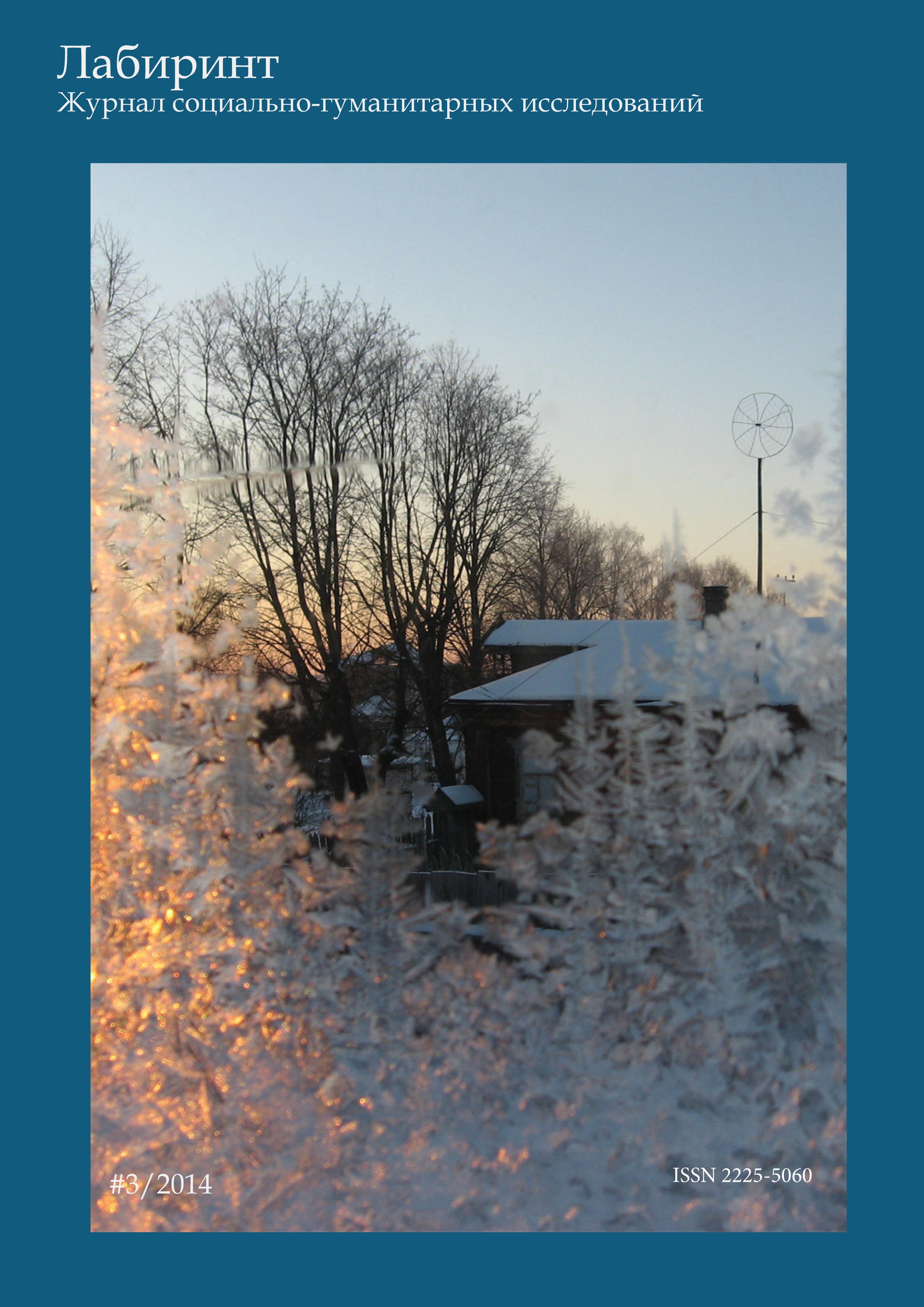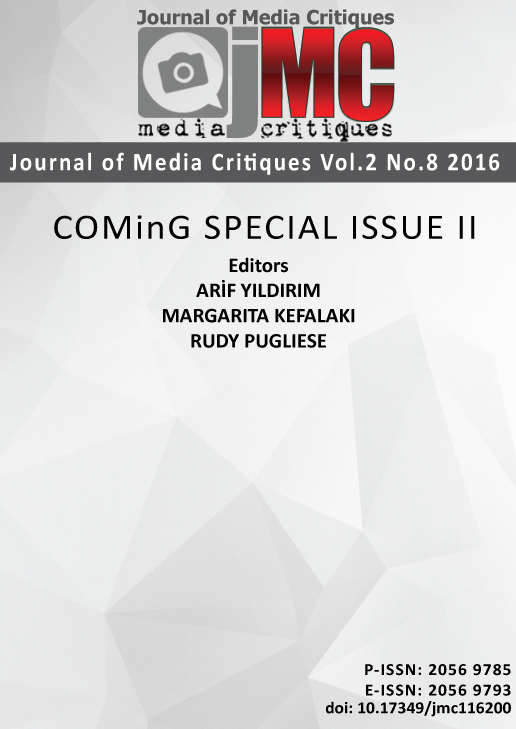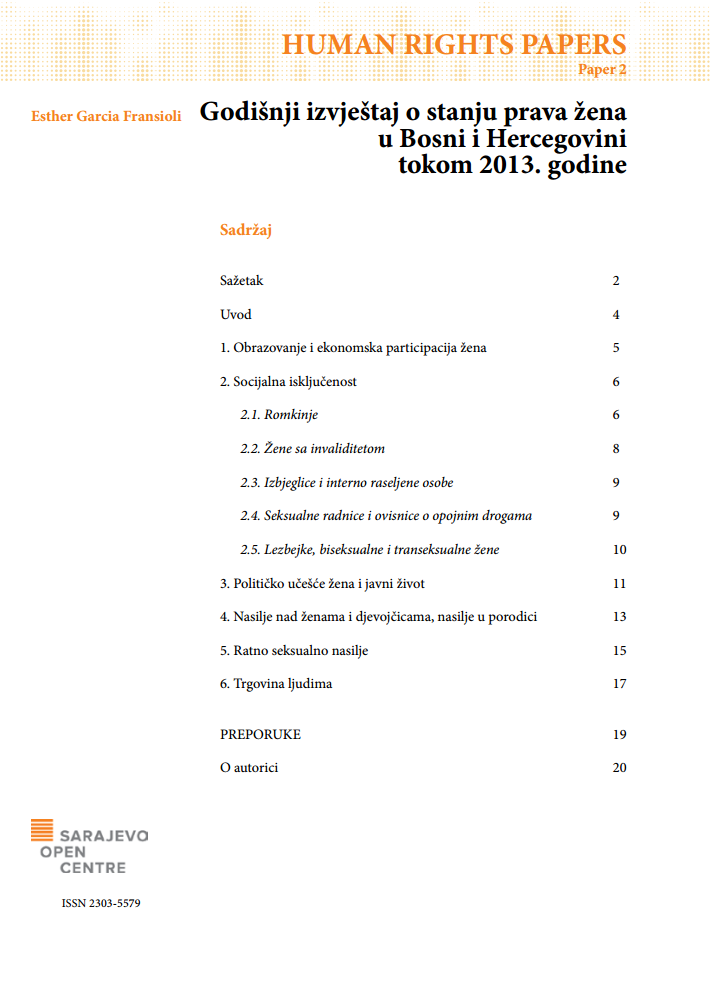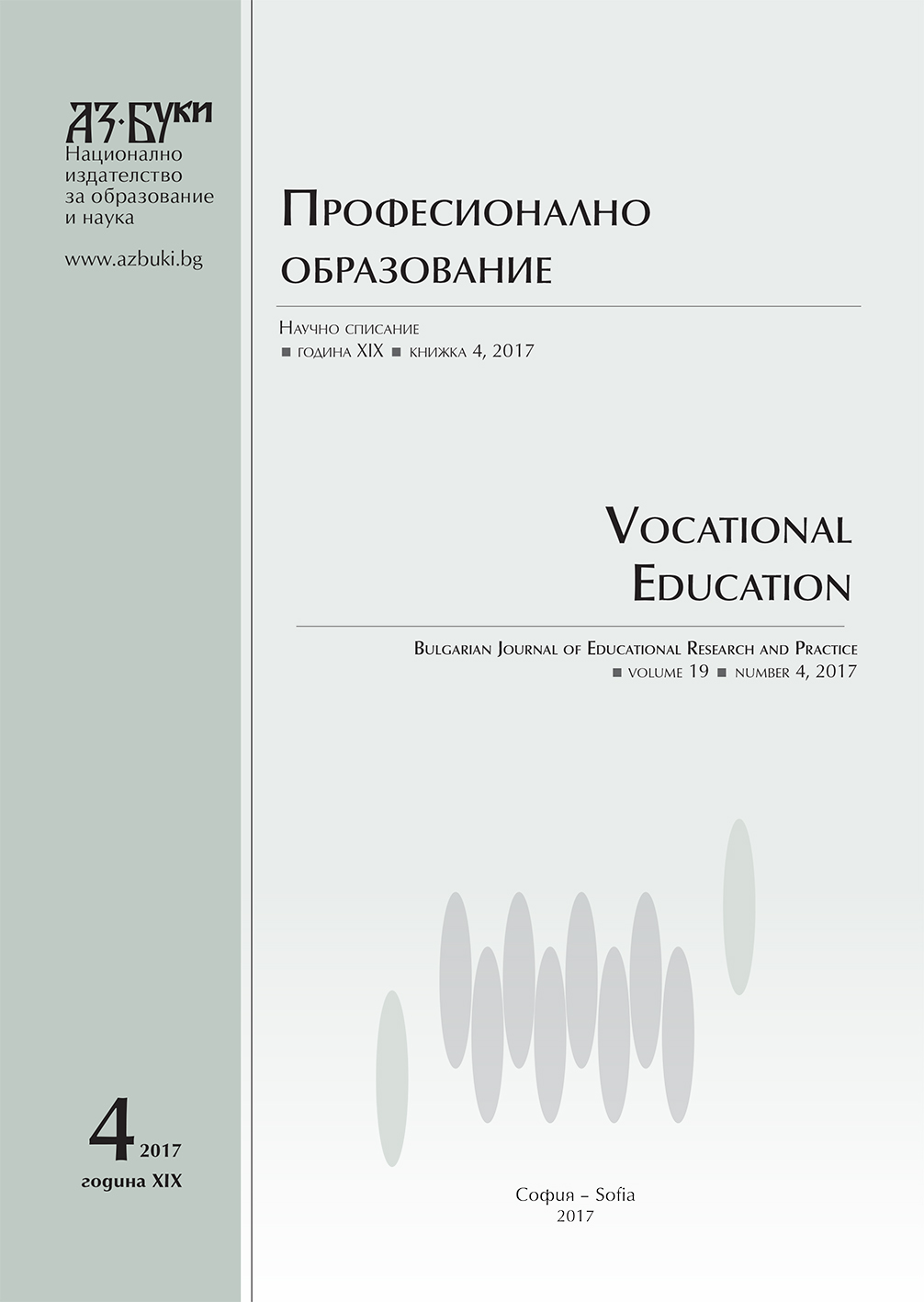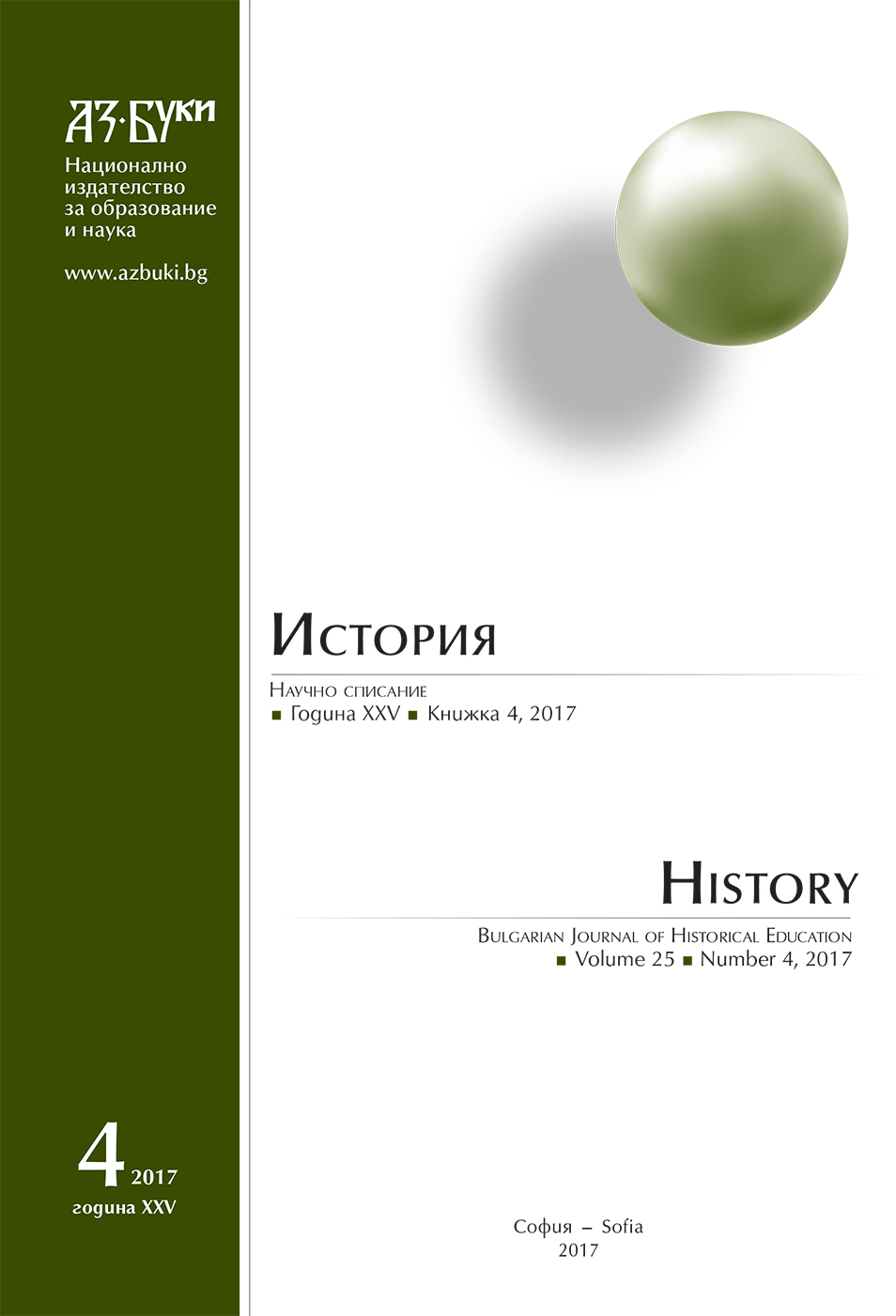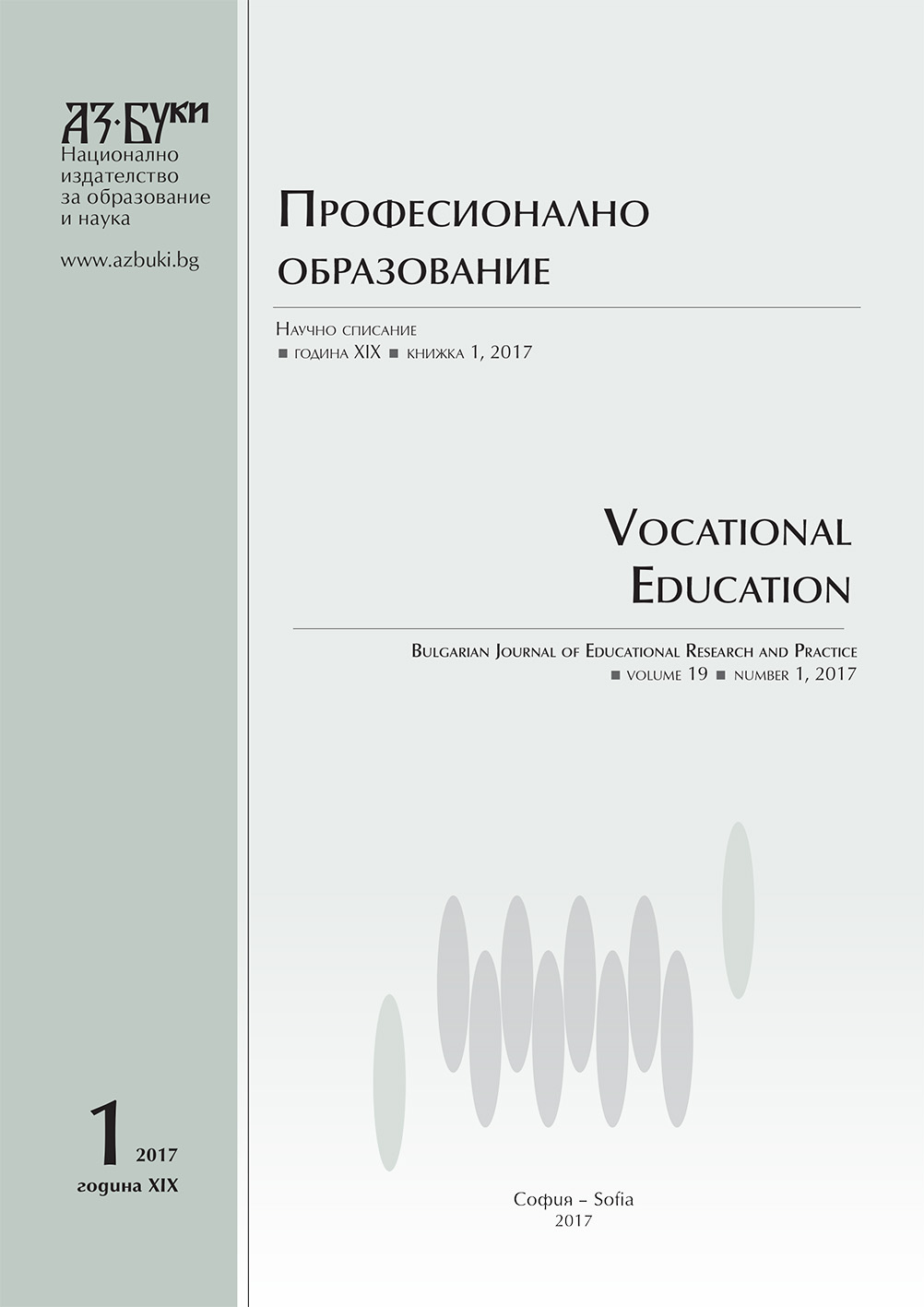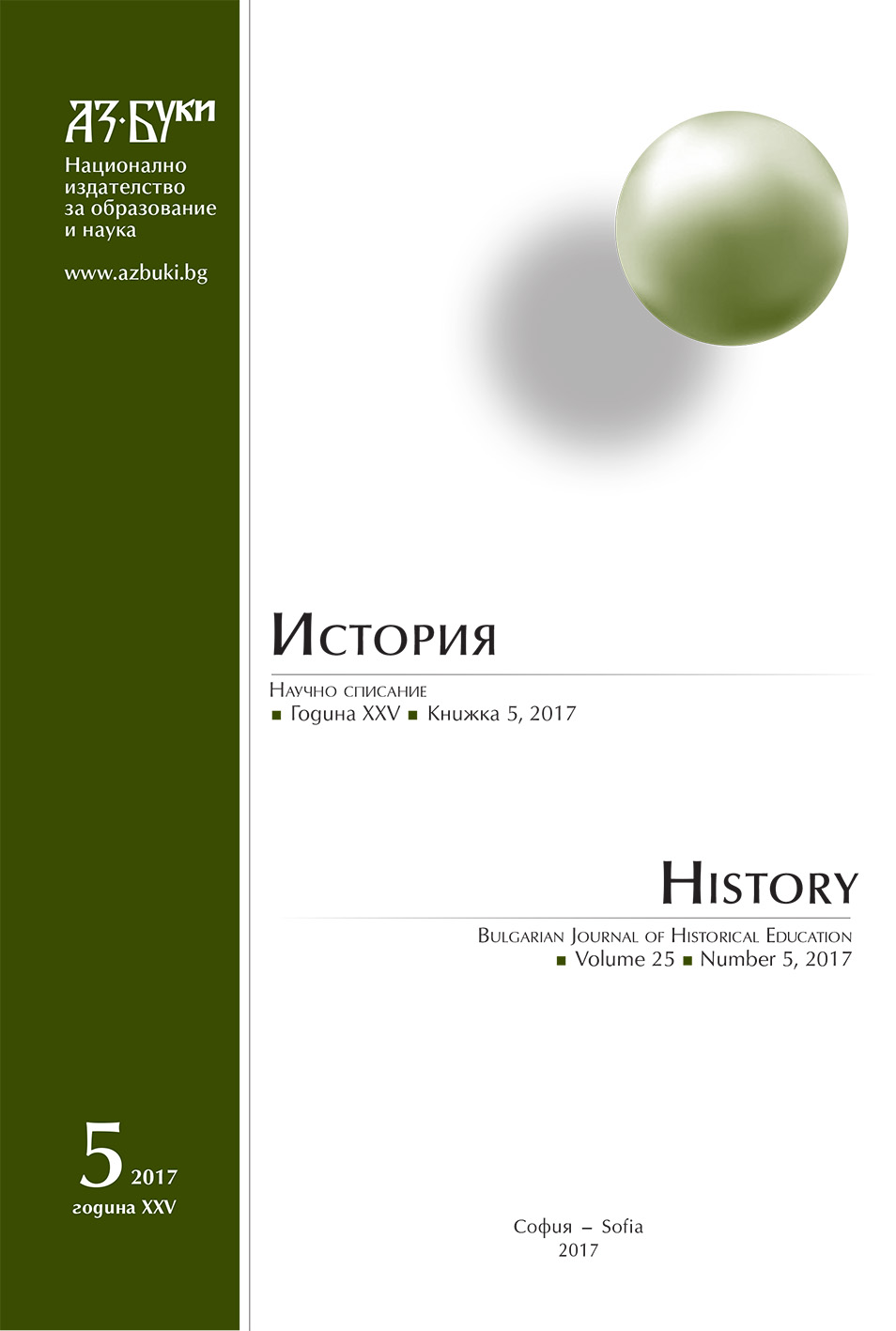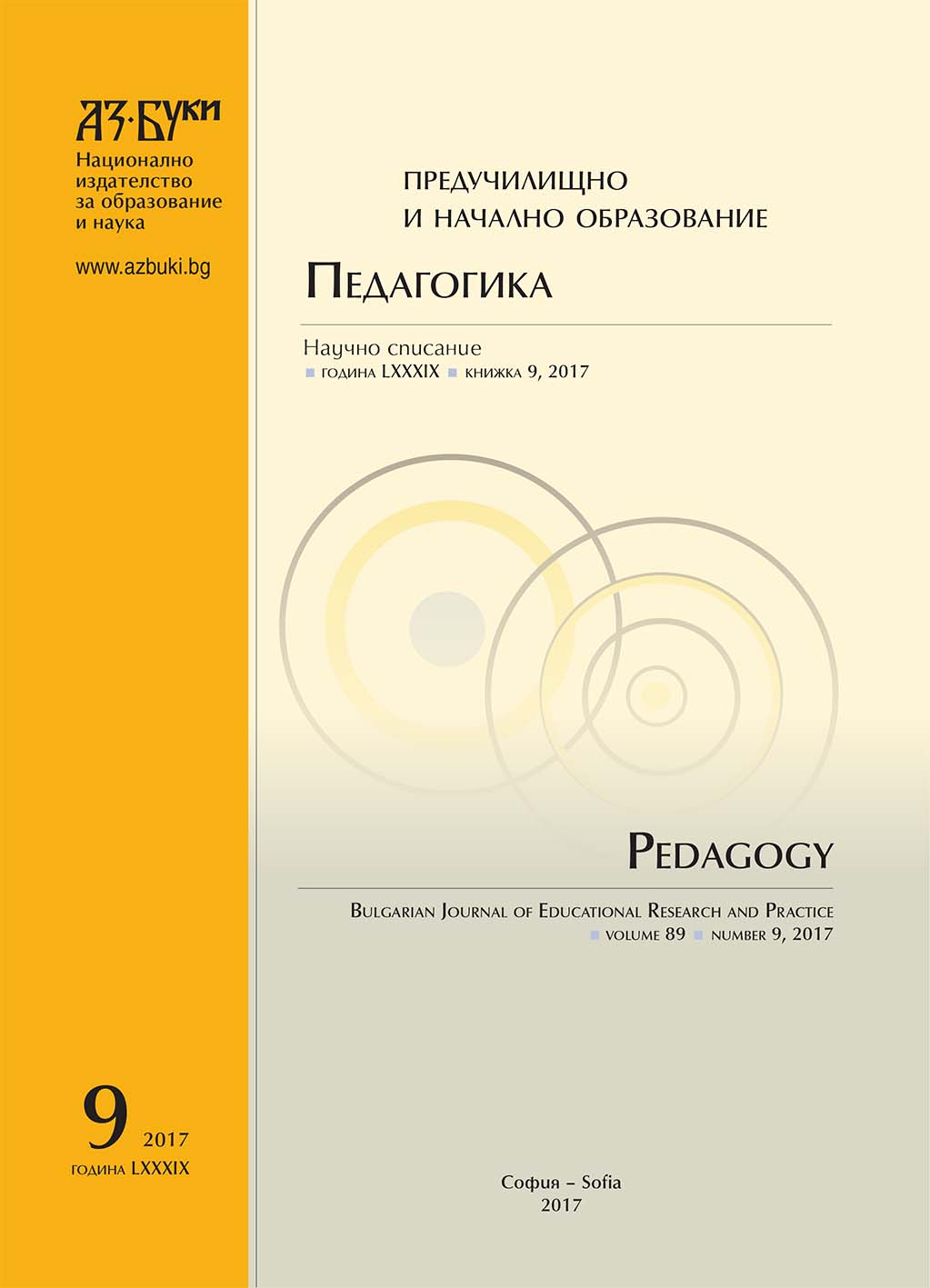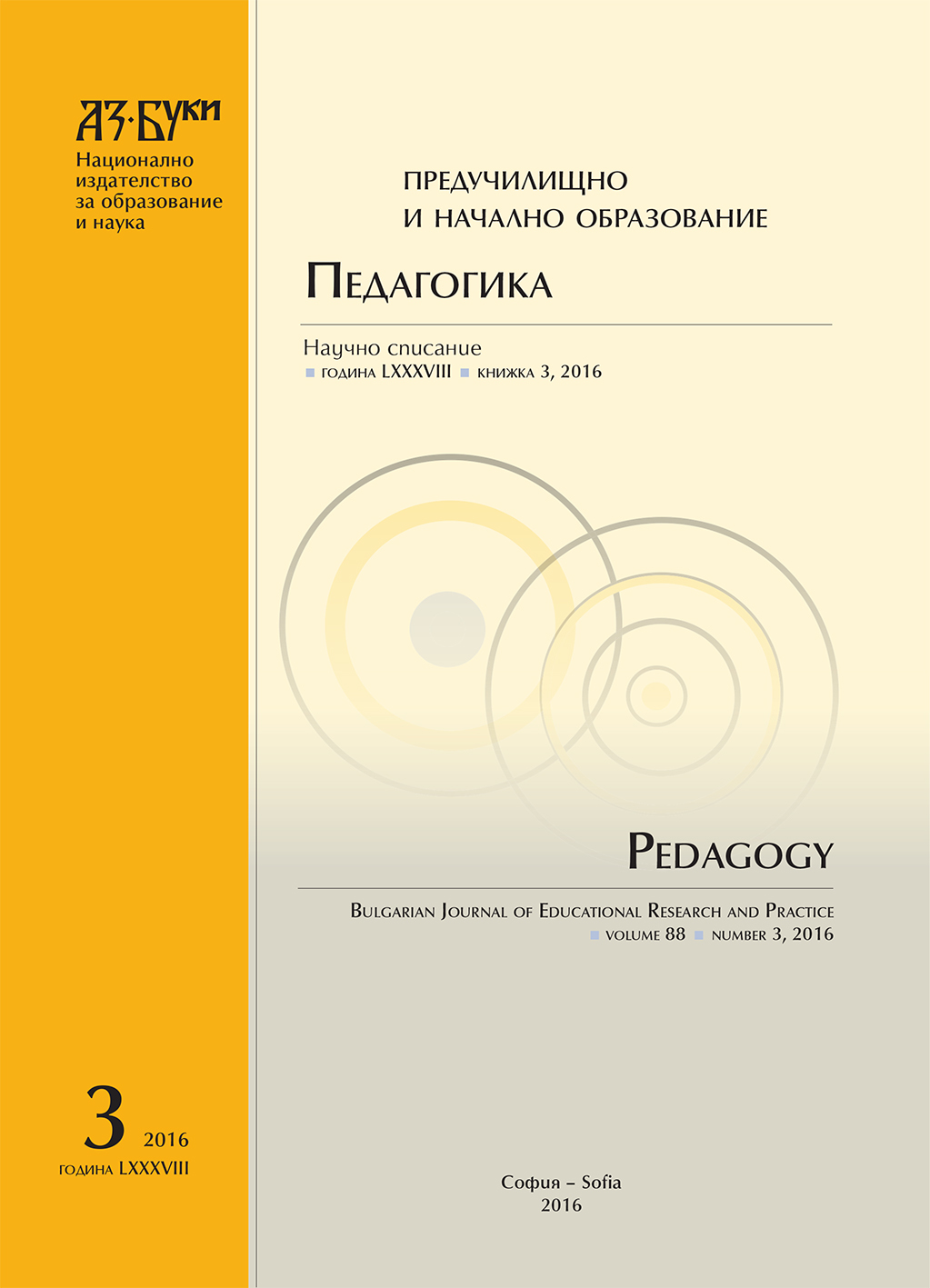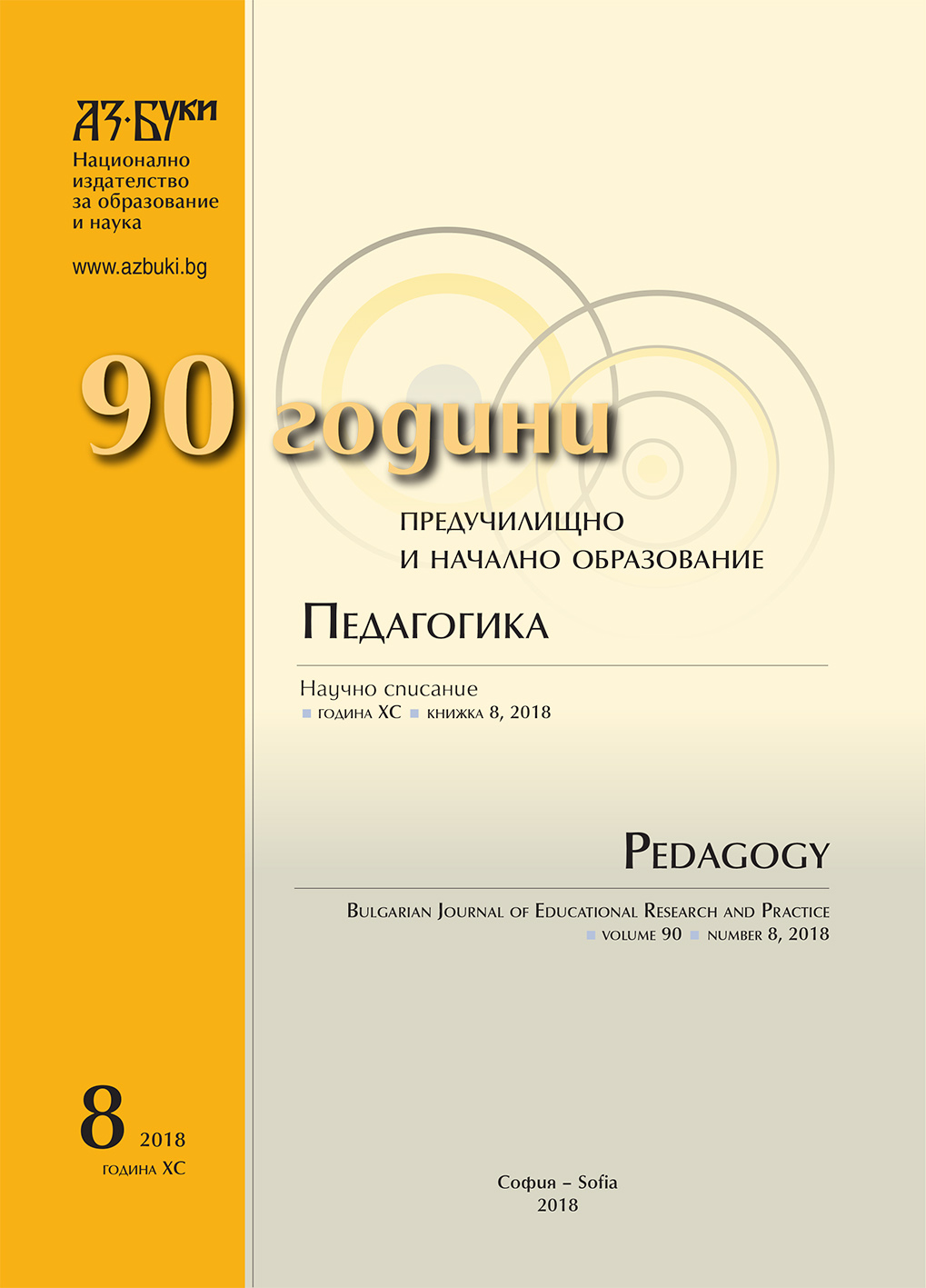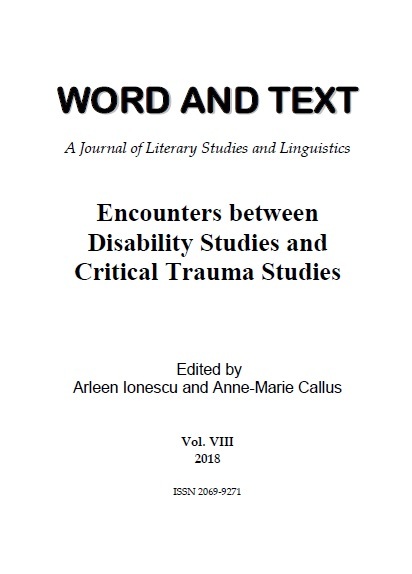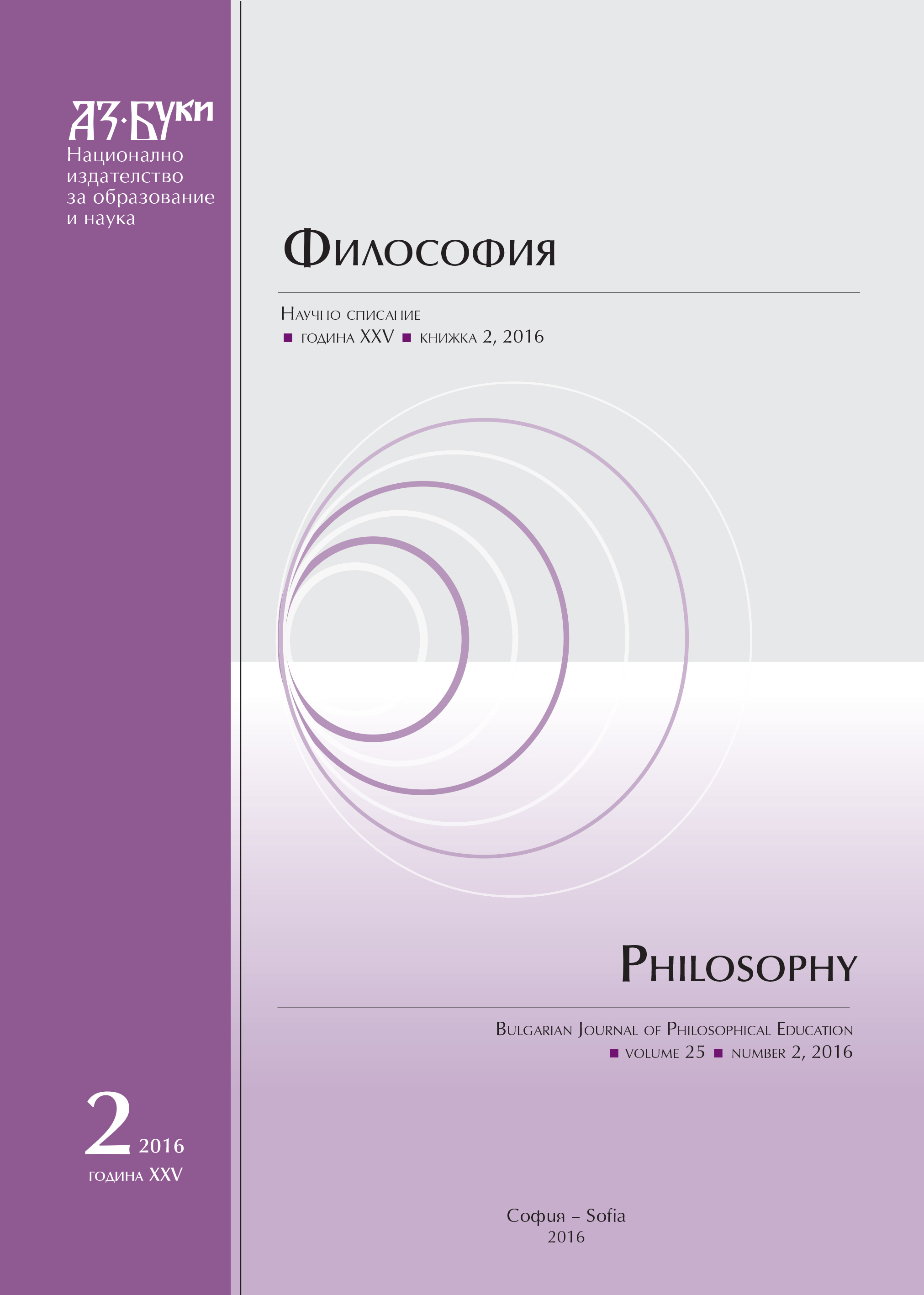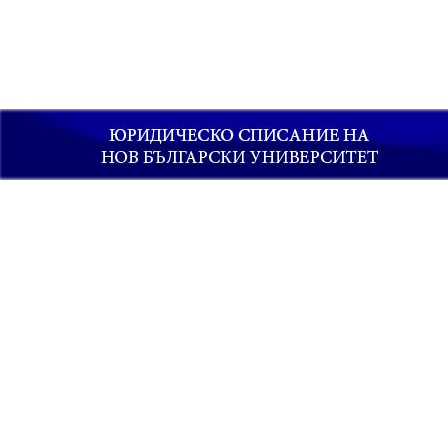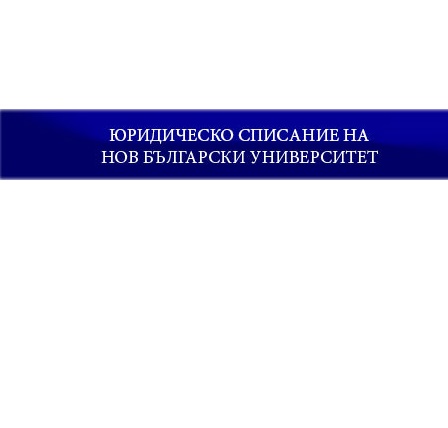Author(s): Esther Garcia Fransioli / Language(s): Bosnian
Issue: 2/2013
Žene u Bosni i Hercegovini se još uvijek suočavaju sa diskriminacijom i sa nejednakim mogućnostima pri pristupanju i ostvarivanju svojih prava u odnosu na muškarce. Formalno zakonodavstvo i javne politike koje se odnose na zaštitu prava žena u Bosni i Hercegovini znatno su se poboljšale tokom proteklih godina. Kreiran je Zakon o ravnopravnosti polova (2003. i 2009. godina sa usklađenom verzijom iz 2010. godine), te novi Gender akcioni plan (2013. - 2017.) na državnom nivou (usvojen u septembru 2013. godine); rodna kvota od 40% uvedena je u Izborni zakon BiH (april 2013.), a kreirane su i nove odredbe na entitetskim nivoima i javnim politikama za prevenciju i borbu protiv nasilja u porodici. Uz sve ovo, Bosna i Hercegovina je potpisala i ratificirala sve važnije međunarodne dokumente iz oblasti ljudskih prava žena, uključujući i Konvenciju Vijeća Evrope o prevenciji i borbi protiv nasilja nad ženama i nasilja u porodici (Istambulska konvencija) 2013. godine. Međutim, istinske promjene u praksi su veoma spore; žene ostaju bez mogućnosti uživanja ljudskih prava kako u privatnoj tako i u javnoj sferi, a dijalog i partnerstvo između vlade i nevladinih organizacija za unapređivanje i zaštitu ljudskih prava i dalje su daleko od zadovoljavajućeg. Prisutan je ozbiljan problem nejednakosti utemeljenih na rodu i diskriminacije žena pri pristupu tržištu rada koje se obično dešava u kombinaciji sa strukturalnim stereotipiziranjem i problemom neplaćenog rada koji neproporcionalno pogađaju žene. Trenutne strategije za zapošljavanje ne pristupaju ozbiljno pitanju učešća žena na tržištu rada tako da se ne dešava poboljšanje koje bi trebalo doprinijeti smanjenju siromaštva. Svi ovi faktori odražavaju se na veoma nizak broj zaposlenih žena u 2013. godini: samo oko jedne trećine (37,3%) zaposlenih su žene, što znači da se u 2013. nije desio značajan napredak u odnosu na prethodne godine. Također, činjenica da postoji dva puta više nezaposlenih žena sa univerzitetskom diplomom nego nezaposlenih muškaraca je alarmirajuća. Imajući u vidu činjenicu da su porodiljski dodaci regulirani drugačije u različitim dijelovima BiH, te da postoje mjesta gdje žene nemaju pristup porodiljskim dodacima ili dobivaju otkaze nakon što ostanu trudne, može se zaključiti da je situacija po pitanju prava roditelja također stagnirala tokom 2013. godine. U javnoj i političkoj sferi žene i dalje nisu dovoljno zastupljene; situacija je gora za žene koje pripadaju nekoj od grupa koje se suočavaju sa duplom diskriminacijom i koje su pod većim rizikom od socijalne isključenosti. Značajan problem se očituje u lošoj uvezanosti i nedostatku sistematizacije kvalitativnih i kvantitativnih informacija o ovim grupama žena (tj. nisu dostupni podaci o ženama sa posebnim potrebama). Također, alarmirajuće je to što tokom 2013. godine potrebe žena nisu specifič- no izražene pri reviziji mnogih postojećih akcionih planova za čije sprovođenje još uvijek ne postoji dovoljno novca (tj. Revidirani Akcioni plan Bosne i Hercegovine o obrazovnim potrebama Roma iz 2010. godine). Tokom 2013. godne u Izborni zakon Bosne i Hercegovine uvedena je rodna kvota od 40% učešća spola koji je manje prisutan u vladajućim strukturama, što označava povećanje u odnosu na prethodnih 33%. Imajući u vidu činjenicu da su trenutno žene nedovoljno zastupljene na svim političkim poljima, istinski napredak će biti moguće vidjeti samo ukoliko se navedeni zakon bude pravilno primjenjivao tokom izbora u 2014. godini. Inicijative koje su se desile tokom 2013. godine su: uspostavljen je Klub parlamentarki Predstavničkog doma Federacije (mart 2013.), nekoliko NVO-a kreirali su Žensku platformu za ustavne promjene i rodne perspektive, a potpisan je i prvi Memorandum o razumijevanju za nadgledanje sprovođenja Akcionog plana UN rezolucije 1325 (oktobar 2013.). Rezultati ovih inicijativa će biti praćeni tokom narednih nekoliko godina. Nasilje nad ženama i djevojčicama je i dalje ozbiljno pitanje u BiH. Za nadati se da će novi podaci iz oblasti nasilja u porodici, koji su dostupni od početka 2013. godine pružiti dobru osnovu za buduće mjere prevencije i intervencije nad žrtvama. Nalazi pokazuju da je gotovo polovina žena u BiH starijih od 15 godina najmanje jednom u životu bila žrtva neke vrste nasilja, te da su žene izložene izrazito visokom riziku od nasilja: prvo u njihovom neposrednom intimnom okruženju i odnosu sa partnerom i porodicom, a onda i u široj zajednici. Još jedan dugotrajan i ozbiljan problem u BiH jeste ratno seksualno nasilje nad ženama koje je prije 20 godina pretrpilo desetine hiljada žena. Ovim ženama je još uvijek potrebna pomoć, pogotovo u traženju pravde i reparaciji za proživljene traume. U okviru posjete Specijalne predstavnice za seksualno nasilje i konflikt Generalnog sekretara UN-a u 2013. godini, potvrđeno je da je BiH napravila skandalozno malo napretka pri radu na ovim slučajevima, te da je potrebno da se razvije sveobuhvatni pristup za unaprjeđivanjem statusa i pozicije svih žena žrtava rata, uključujući borbu protiv stigme vezane za seksualno nasilje, te proširenje odredbi za kompenzaciju, podršku i mjere rehabilitacije, beneficije, kao i osiguranje jednakog pristupa takvim uslugama za sve žene žrtve bez obzira na njihovo mjesto stanovanja. Kada govorimo o trgovini ljudima u toku je pitanje efikasne procedure identifikacije žrtava, naročito Romkinja i interno raseljenih žena koje su sve više pogođene ovim problemom. Nije se poboljšala ni saradnja između državnih institucija i nevladinih organizacija koje su angažovane na sprječavanju trgovine ljudima. U ovom tematskom radu o ljudskim pravima pokušava se staviti naglasak na status prava žena u Bosni i Hercegovini tokom 2013. godine, kako bi se istakao dosadašnji napredak, te kako bi se naglasila marginalizacija i sistematska diskriminacija koju žene konstantno doživljavaju. Ovaj rad sadrži informacije zasnovane na analizi sadržaja najrelevantnijih i skorih dokumenata koje su objavile vladine institucije, nevladine i međunarodne organizacije, nedavne podatke lokalnih i državnih istraživanja o ženskim pitanjima, te zapažanja sa terena.
More...
